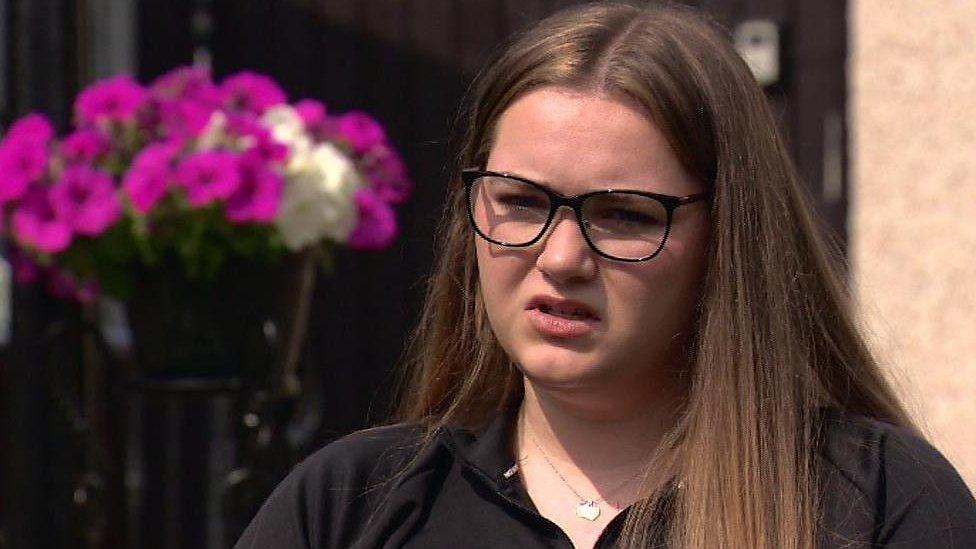Long Covid: Patients to help devise Betsi Cadwaladr's treatment plans
- Published
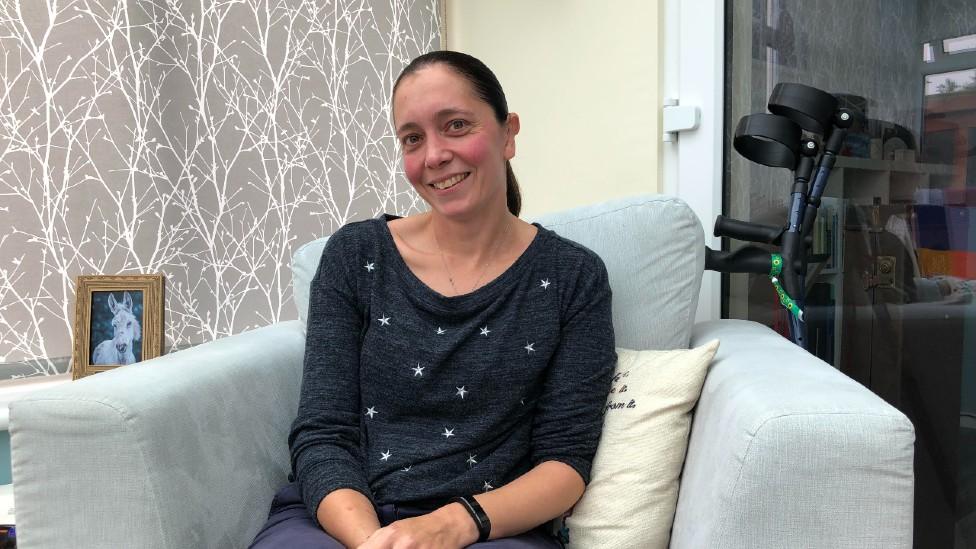
Deborah Illman-Roberts now needs crutches to walk after developing long Covid
Long Covid patients in north Wales are helping the area's health board tailor a wide range of treatments to help fellow sufferers.
Long Covid is defined as symptoms continuing for more than 12 weeks after an initial infection.
One 38-year-old health worker now needs crutches to walk nearly 18 months after she first contracted Covid.
About 15% of Covid patients are thought to be affected and, while not all will need ongoing treatment, many will.
The Long Recovery Programme Group will feature regular meetings between staff and patients at Betsi Cadwaladr Health Board to hear first-hand accounts of health problems.
They will be able to access treatments and learn how to manage some symptoms themselves.
Claire Jones, therapy lead for long Covid at Betsi, said: "We've been listening to patients and what their experience is and focussing on what's important to them.
"What we want is to provide care for patients close to home so they're not travelling here, there and everywhere and going to numerous different appointments. We want to provide that in the community.
"We're very grateful. They've given up a lot of time, been very open and honest at a time when a lot of them were feeling very unwell themselves and we hope it'll result in a very good service for them.
"Because of the varying nature of the condition, we need a multidisciplinary team of professionals, such as occupational therapy, dietetics, psychology, speech and language therapy, to make sure we can tailor care to individual needs."
Covid 'destroyed' active lifestyle
Deborah Illman-Roberts, from Prestatyn, is 38 and was working as a healthcare support worker for Denbigh District Nurses in March 2020 when she fell ill with Covid but didn't need hospital treatment.
She gradually got more tired throughout the year and was diagnosed with long Covid in October 2020, after her mobility started to deteriorate.
By January 2021, she was getting around with crutches and now also experiences severe fatigue, breathlessness and what she calls "brain fog", which sees her struggles to find the right words to say.
She said: "Previously I was working full-time; I lived an outdoor life. Now, I can't mobilise without crutches. If I go out, I use my mobility scooter. I was an active working mum and it's destroyed that."
"Day to day, I rely on my wife to care for me. There's a lot of jobs I can't do, we've got aids around the house.
"There's some support groups on Facebook but nobody knows. You need answers, you want answers, you go to GPs, but they don't know the answers and can't help you.
"You might go for scans and blood tests, but they all come back normal. It's such an unknown."

What are long Covid symptoms?
Guidance for UK health workers describes long Covid as symptoms continuing for more than 12 weeks after an infection - severe or mild - and can't be explained by another cause.
According to the NHS, external, symptoms include:
extreme tiredness
shortness of breath, heart palpitations, chest pain or tightness
problems with memory and concentration ("brain fog")
changes to taste and smell
joint pain

Ms Illman-Roberts said she cried with relief when she heard about the health board's long Covid pathway and was invited to be part of it.
"I couldn't miss it; it's been such a long and lonely road for me and many others I speak to. To know we could maybe help future sufferers and highlight the condition is massive, it gives us hope for the future that there is help out there," she said.
"The professionals might be saying this is going to be me for good, but at my age and as a mum that's really hard to accept.
"So, to know there's going to be help out there to look into the condition and find out what's causing all the different symptoms, that's going to be massive for everyone and, hopefully for people that are unfortunate to have the condition, they know there's somewhere they can go for help now."

IF YOU GO DOWN TO THE WOODS TODAY: Five friends bound together by a brutally fragile pact of silence...
HIDDEN: Binge watch the award winning detective drama set in north Wales

Related topics
- Published23 August 2021
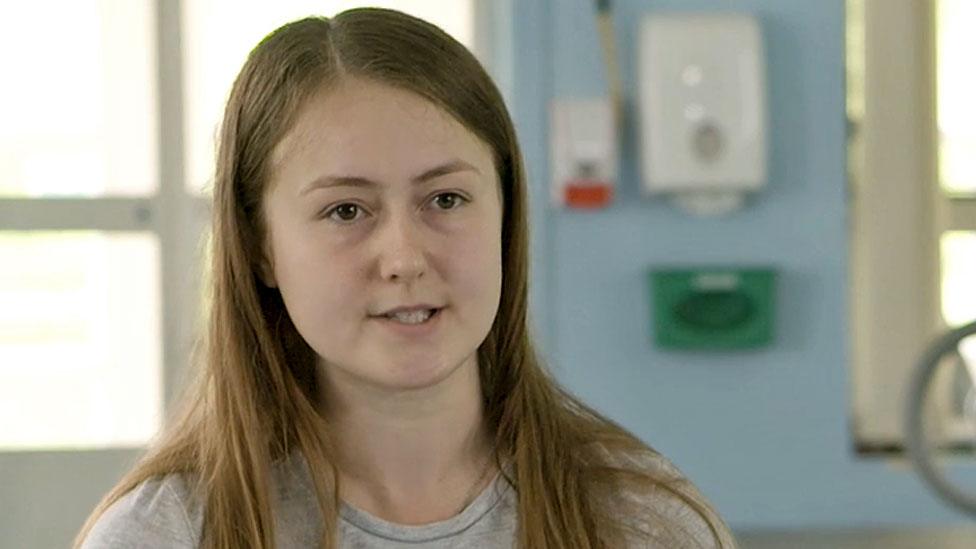
- Published10 March 2022
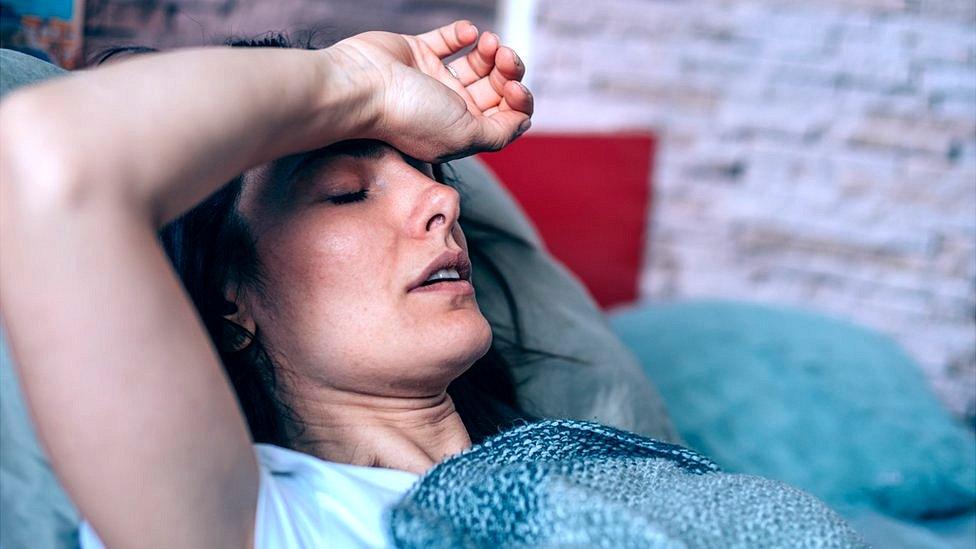
- Published12 August 2021
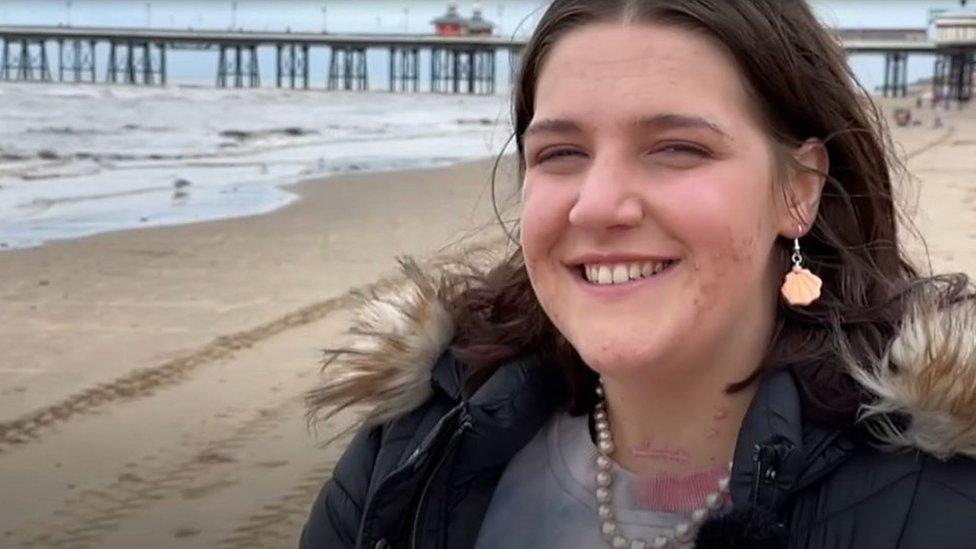
- Attribution
- Published26 July 2021

- Published18 July 2021
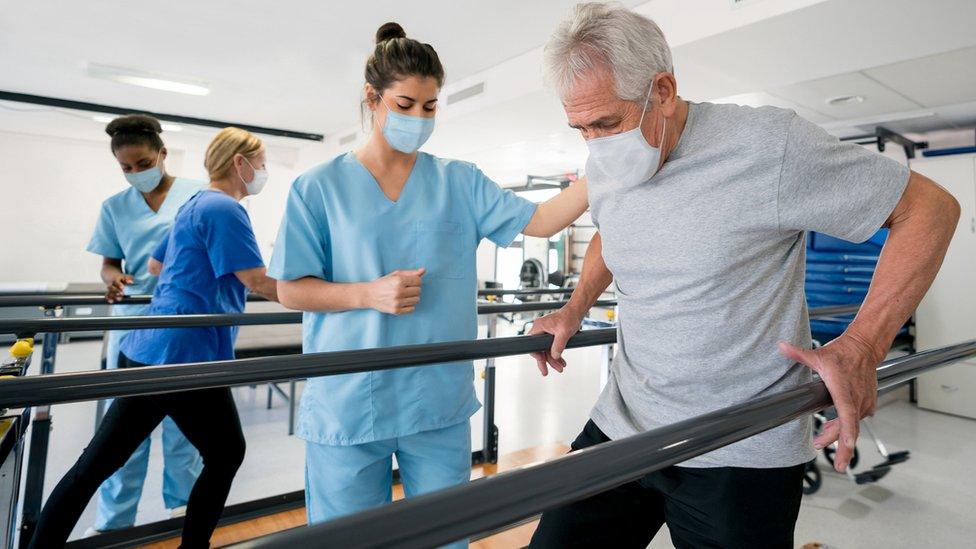
- Published26 July 2021
